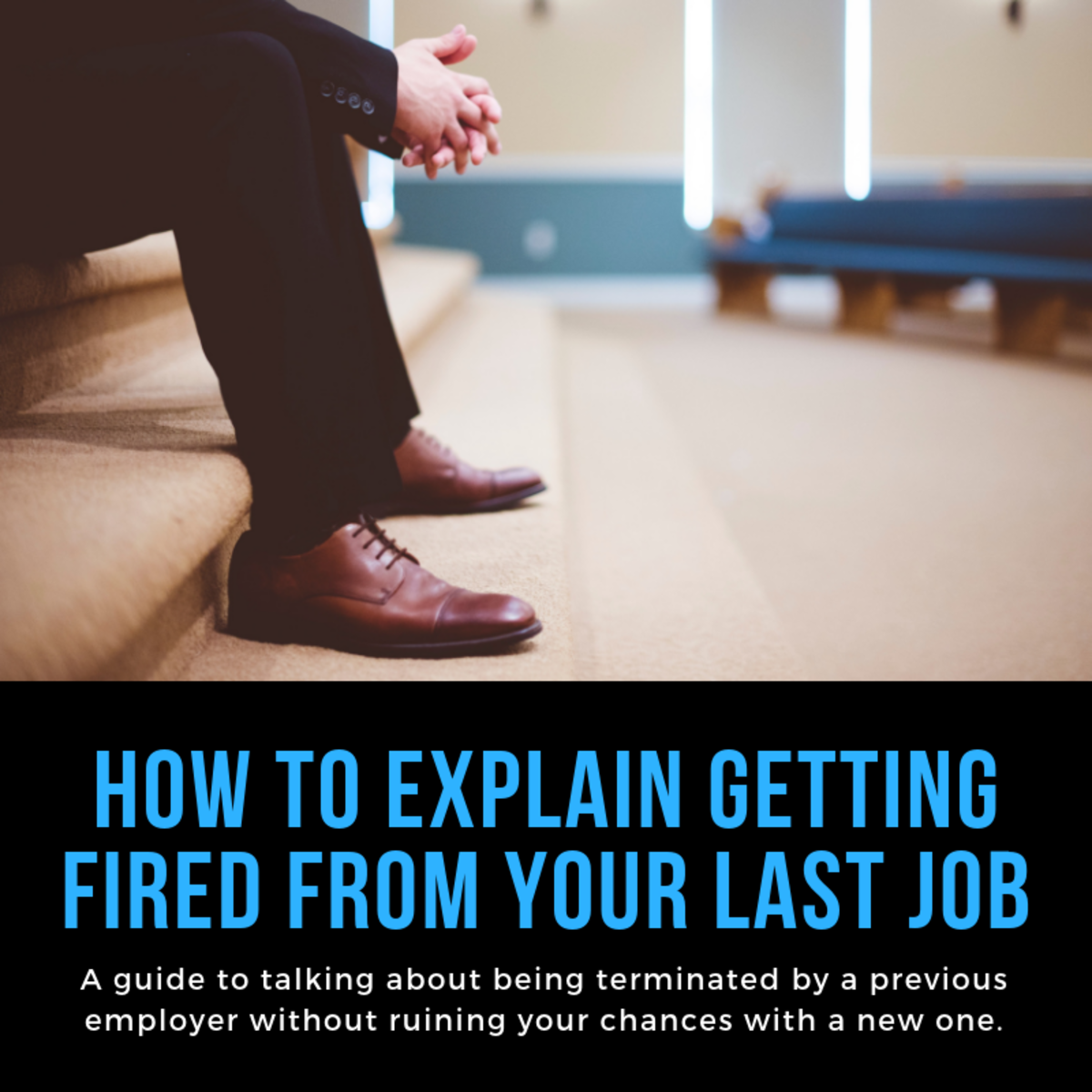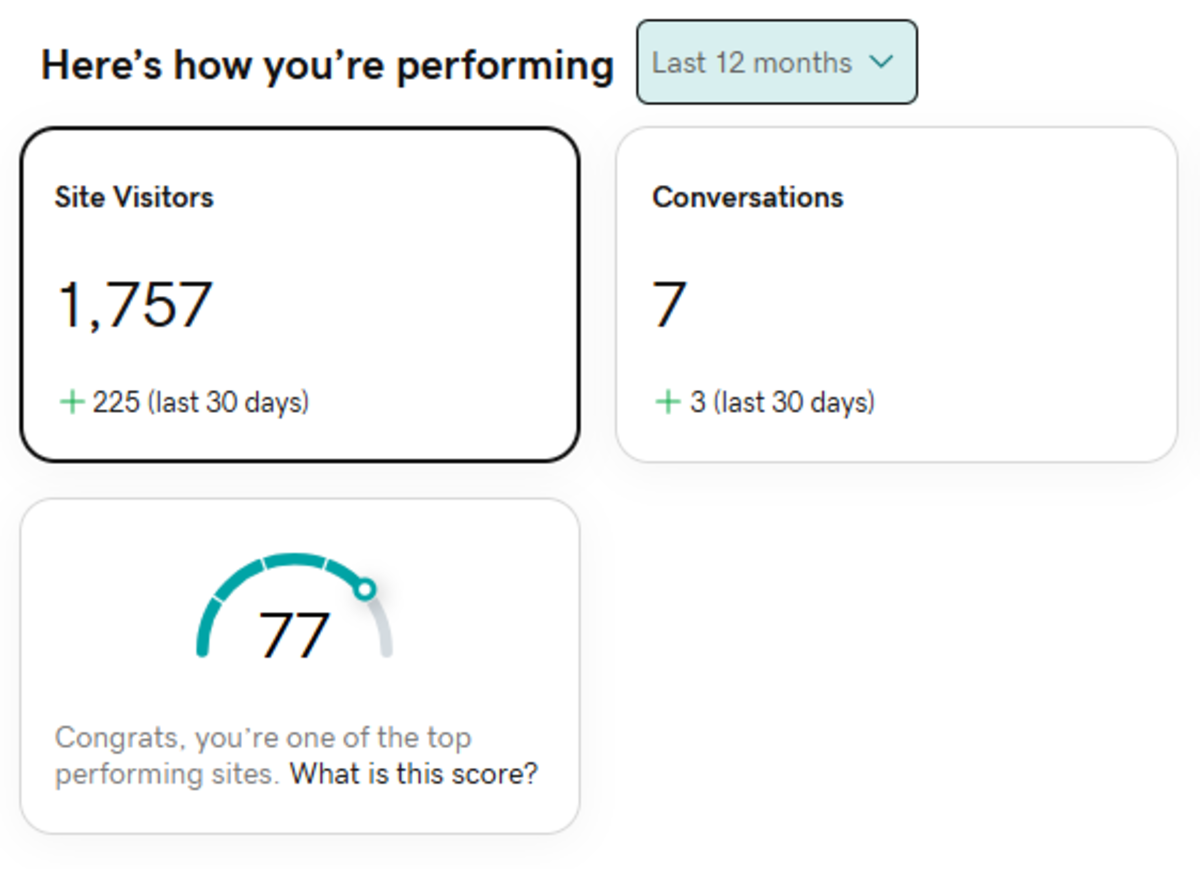Finding the Right Keywords Employers Look For in Resumes.

Importance of keywords for resumes
Using the right keywords for resumes in a job applications that make the recruiters view a candidate favorably is the most annoying but important part while writing your resume statement. These keywords and phrases should work as marketing tool for your resume. One recent study showed that hiring managers and human resource staffers spend a very short amount of time at a candidate’s resume before deciding whether he or she is fit for a job. To help maximize the punch your resume gives in such a short time, it is necessary to use the appropriate terms and phrases in the resume statement which would instantly impress the managers who would determine your employment future. It is now an established fact that as a job seeker choosing the right keywords to use in a resume and placing them in appropriate places are the keys to get singled out of a pile of application database for job interviews.
There are a number of great resume keywords specific for different segments of the statement such as job titles, education, objectives, experience description, service types, technical terms, product names, job-specific buzzwords etc. that could make a difference in your resume. I have seen from my long experience as HR head of an organization that many job seekers are eliminated just due to not having the appropriate keywords for resumes that the employers look for in the applicants’ job applications. It has also been seen that rejections of resumes are not infrequent for use of some negative words. Therefore, for a winning job application you should not only know which are the appropriate job specific keywords to use in a resume but also be careful to avoid using a list of negative words.

Why resume keywords make a difference?
You may wonder why keywords for resumes make a difference. Resume keywords are those job-specific terms used by the employers in their job-posting to categorize the classifications that include knowledge, skills, talents, and experience, which they look for in a candidate. There are software applications that employers use, which search out the resume keywords and phrases used in the job applications of the candidates, relevant to the expertise they are seeking for. To speed up the selection process among a large number of applications received against the job posting the employers use such software to scan the resumes for the keywords and select the ones that match the most relevant keywords and phrases they are looking for. The employers sometimes also enter negative keywords in the program database to eliminate the resumes using those negative words. While you may be otherwise a desirable candidate as per your skills and experience, if you are not able to find out the right mix of job-specific keywords for resumes your application may not get selected. You must, therefore, know the keywords to use in a resume correctly and in a planned manner in descriptive locations so as to get picked up by the employer's software in the scanning process. Here are some of the negative words you should avoid using in your resume:
Proactively
Detail-oriented
Track record
Strategic thinker
Hard worker
Best of breed
Thought leadership
Think outside of the box
Results-driven
Self-motivate
Dynamic
Bottom-line
Team player
Value add
Synergy
Let me also mention some of the keywords for resumes that hiring managers would like to see in your resume statement:
Improved
Achieved
Created
Volunteered
Increased/decreased
Won
Managed
Trained/mentored
Resolved
Influenced
Ideas
Negotiated
Launched
Revenue/profits
Under budget

How to find the appropriate keywords to use in a resume
There are mainly two sources from where you can find the right keywords to use in a resume that have impact and the power to sell your resume. The first source is employer’s job description in his job posting. By reviewing the employer’s job description thoroughly you can find out the resume keywords the employer has used in the job posting relevant to qualification, skills, talents and experience required by him in the candidates.
The second source from where you can find the resume keywords and phrases is by examining the employer’s website, media releases and articles about his business from where you can often discover some terms specific to the company and the business that can be used as keywords into your resume statements.
Besides the above two sources another great way to find the right keywords to use in a resume is to go over few ads for employment with similar job descriptions in your discipline and discover the words that have been mentioned in the ads frequently by the employers.

How to use the keywords for resumes?
Once you have a list keywords to use in a resume, you need to know how to use them in the resume statement. First you should categorize theses words according to their significance. The words relevant to education, skills and experience that are essentially ‘required’ for the job should form one category while the qualifications, often referred to as ‘helpful or desired’ may form another category. Similarly, the words attested to skills or abilities which you ‘possess’ may be under one category and those you ‘do not possess’ may form a separate category.
Next, ensure that the use of the keywords for resumes make sense. Try to include the resume keywords and resume key-phrases that are relevant and relatable to the ‘required skills’ for the job in the introductory summary of skills and under your work experience section where they make the most sense. If you had several employments in the past you should include the latest one first and then mention about those jobs only, which you feel most pertinent to the position you are looking for. This would permit you to use the ‘desired’ category of keywords for your resume quite easily. Always try to avoid employment gaps on a sequential resume even if it needs mentioning of any past employment not relevant to the skill requirements. However, disclosure of information about such work experience should be kept at minimum. Here, let me give you some tips on how the skills or experience description required for the position, which you do not possess, can get your resume picked up through the employer’s scanning process. For this purpose incorporate the keywords for resumes categorized under skills you ‘do not possess’ in your resume and the resume will get through the employer’s scanning process. Do not mention that you have the required skills but you can use them in the objective statement of your future plan or under education section in the resume. There is possibility that going through your qualifications mentioned in the resume, the employer may grant you an interview.
Some times you may find that your education, experience or skills may not be matching exactly with the relevant resume keywords the employers are looking for on resumes, which are job specific phrases used in the job description. In such cases try to tally the expressions used by the employer whenever possible in your resume statement without, of course, altering the names of things like equipment, devices or programs, which may be radically different. Only ensure that the job description in the employer’s post is not different from what you have actually learned or you can perform or the skills you have.
Conclusion
In conclusion I can say that the keywords to use in a resume, which employers look for in a job application must suggest how your education, expertise, and experience can solve problems for your prospective employers and make assertion that enthuse and persuade them to wish for an interview with you. Therefore, choosing the appropriate keywords for resumes and placing them in right places in the resume statement, is the key to get your application noticed in a competitive job market and get calls for interviews from the potential employers.









